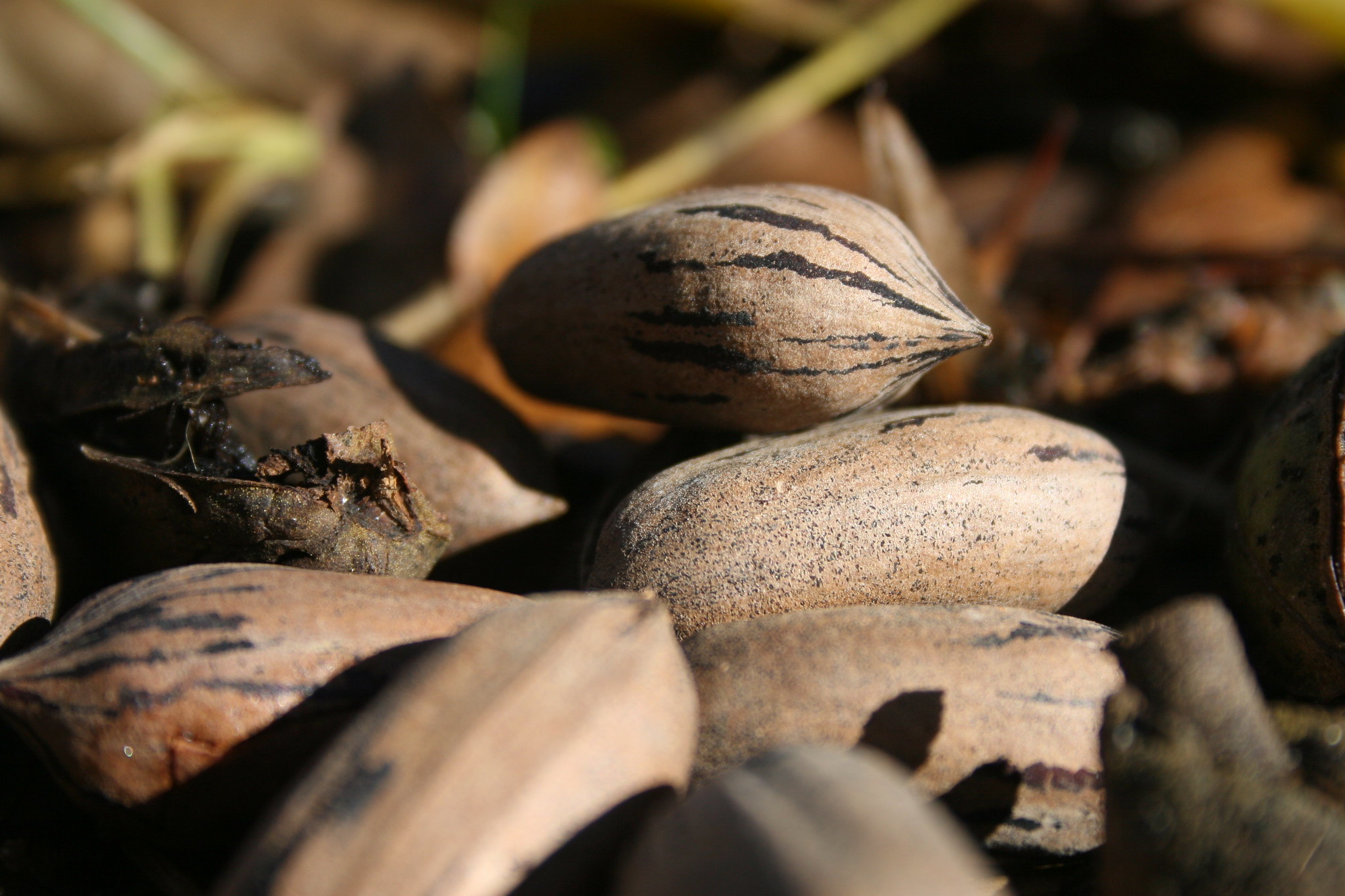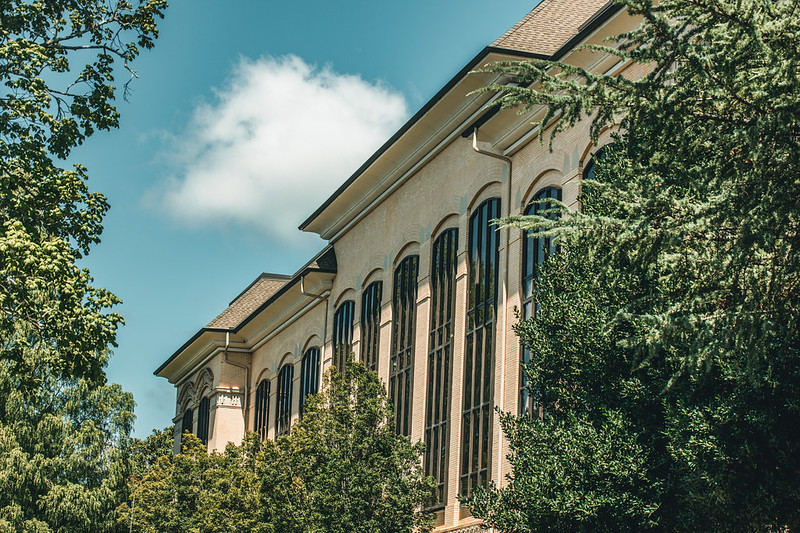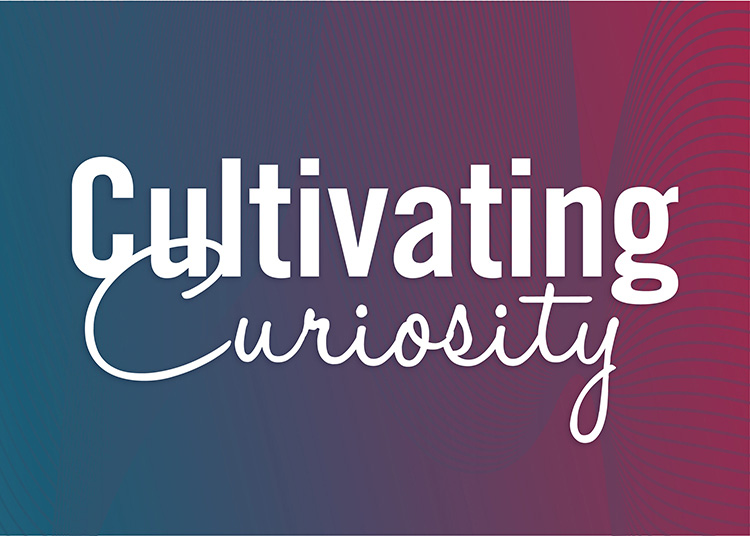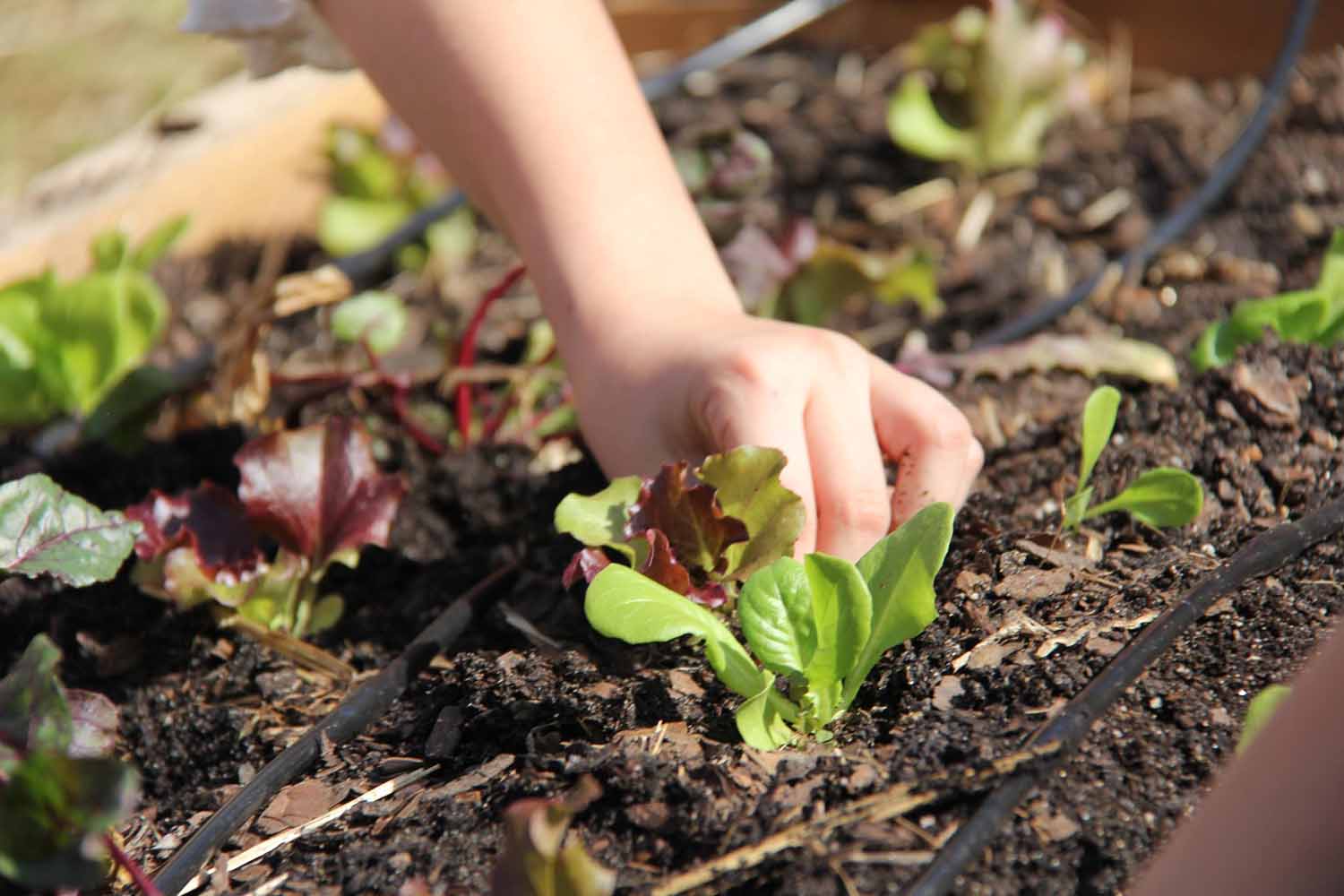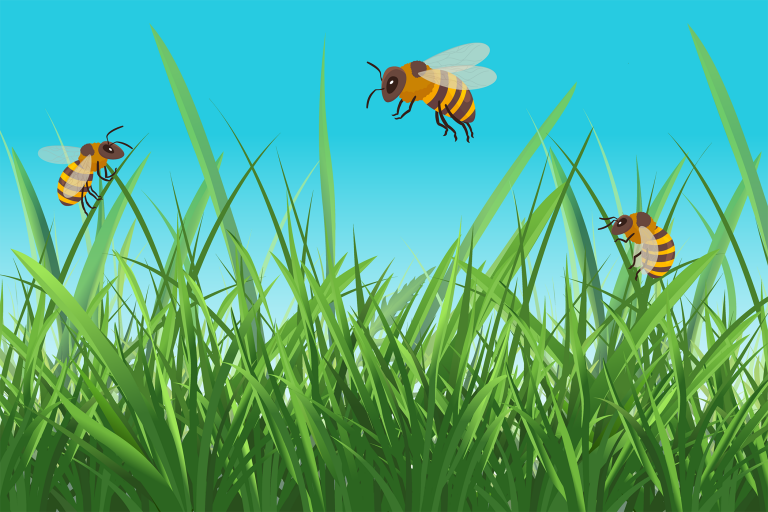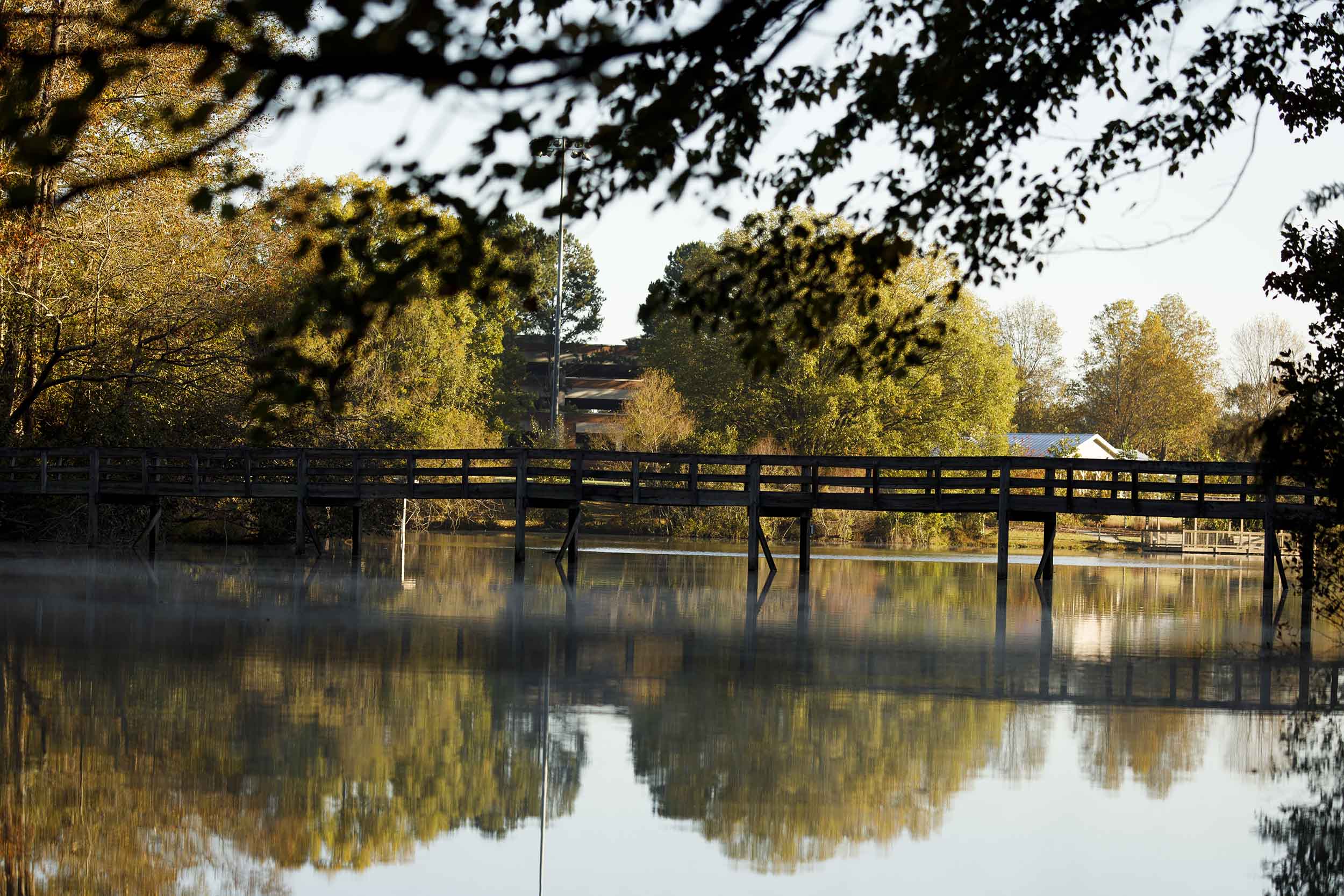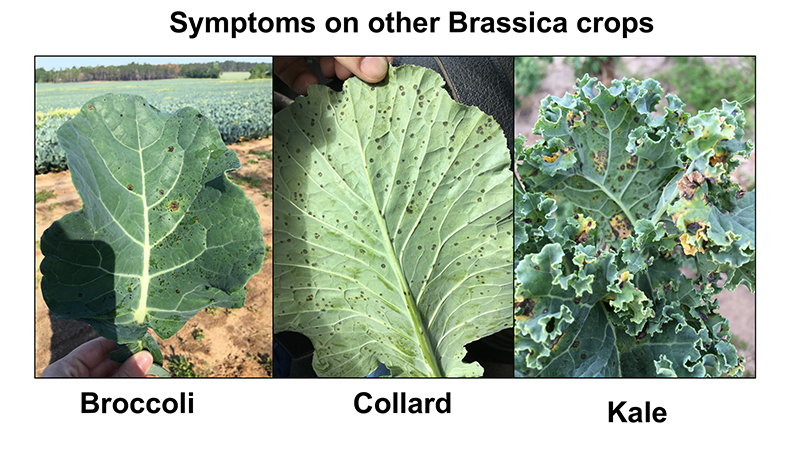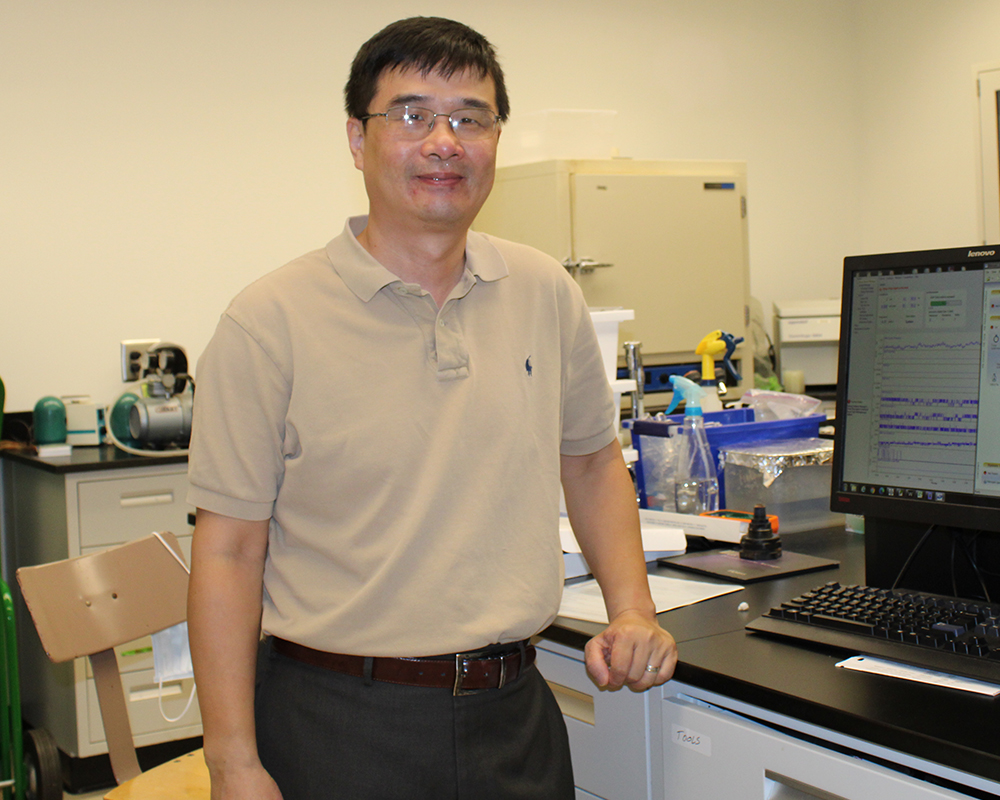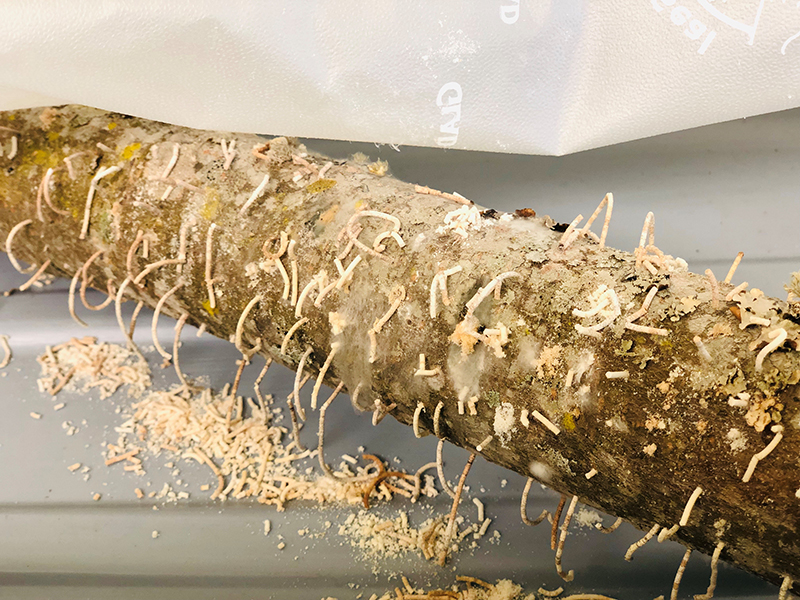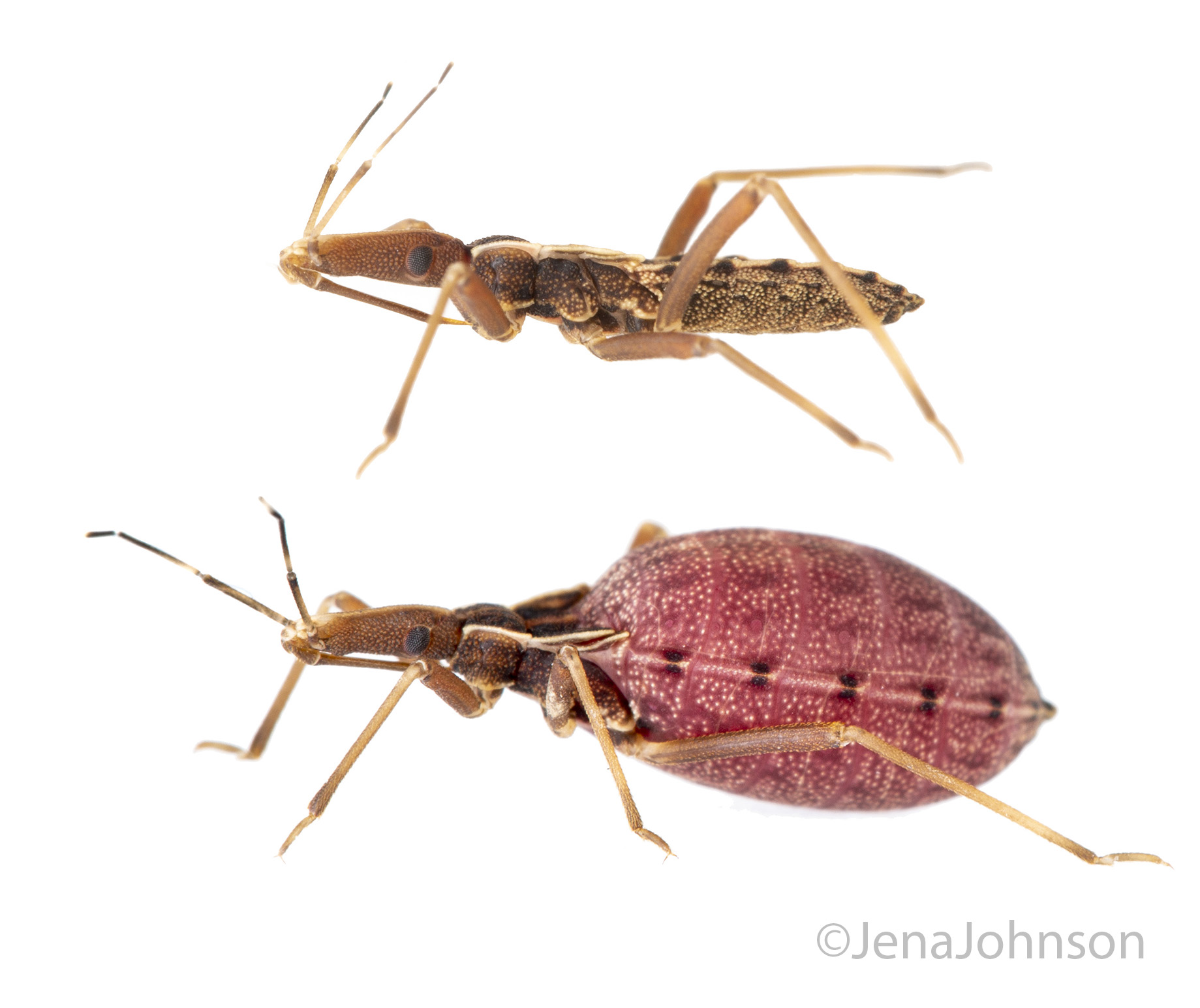 CAES News
CAES News
Faculty Award Winner
Kevin Vogel, an assistant professor in the Department of Entomology at the University of Georgia, has received a prestigious Faculty Early Career Development (CAREER) Program award from the National Science Foundation. Supported by the more than $1 million CAREER grant, Vogel and his team will spend the next five years building upon the still-limited body of research regarding the symbiotic relationship between kissing bugs and a highly specified bacterium that resides in their gut.

